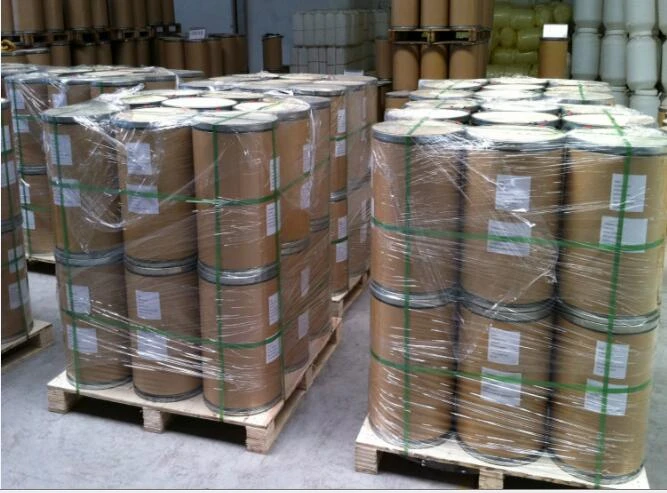Understanding Drug APIs A Comprehensive Definition
The term API, which stands for Active Pharmaceutical Ingredient, is fundamental to the pharmaceutical industry. An API is the primary component in a drug that produces the intended therapeutic effect. In essence, it is the core substance responsible for the pharmacological activity of the medication, distinguishing it from the other inactive ingredients or excipients that may be included in the final formulation. Understanding the definition of drug APIs is crucial for various stakeholders, including pharmaceutical manufacturers, healthcare professionals, and regulatory bodies.
Understanding Drug APIs A Comprehensive Definition
In the drug development process, APIs undergo rigorous testing and validation. The process typically starts with preclinical studies, where the safety and efficacy of the API are evaluated in laboratory settings and often involves animal testing. Following satisfactory results, the API progresses to clinical trials, which are conducted in phases involving human participants. These clinical trials are essential for assessing the drug's pharmacokinetics, pharmacodynamics, and potential side effects.
drug api definition

The regulatory landscape governing APIs is complex and varies by region. In the United States, the Food and Drug Administration (FDA) oversees the approval and regulation of APIs, while in Europe, the European Medicines Agency (EMA) plays a similar role. Manufacturers must submit detailed information regarding the API’s composition, manufacturing process, and quality control measures to obtain approval for market release. These regulations are in place to protect public health and ensure that medications are both safe and effective.
Beyond their regulatory importance, APIs also have significant economic implications. The global market for APIs has been growing steadily, driven by increasing demand for pharmaceuticals and the rising prevalence of chronic diseases. Additionally, the shift towards personalized medicine, which often requires specific APIs tailored to individual needs, is expected to further stimulate this market.
The recent COVID-19 pandemic highlighted the vulnerabilities in the global supply chain for APIs, bringing attention to the need for greater transparency and reliability in API sourcing. Many pharmaceutical companies are now revisiting their supply chains, seeking to localize production and mitigate risks associated with global dependencies.
In summary, the definition of drug APIs encompasses their role as the active agents in pharmaceutical formulations, the processes by which they are developed and regulated, and their broader economic and supply chain implications. A clear understanding of APIs is essential not only for pharmaceutical companies but also for healthcare providers and patients who rely on these vital ingredients for effective treatment options. The continuous evolution of this field will undoubtedly shape the future of medicine and public health.

